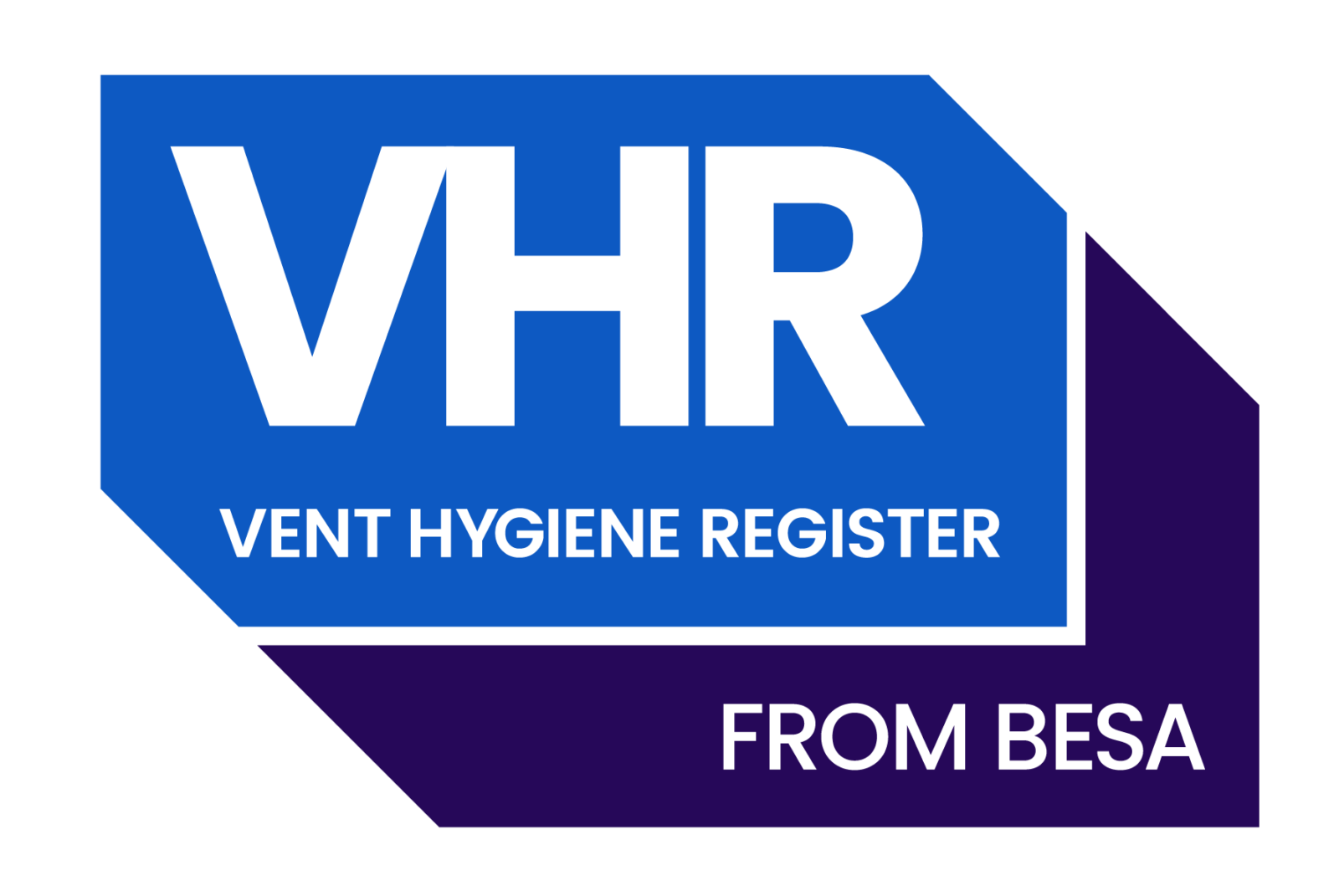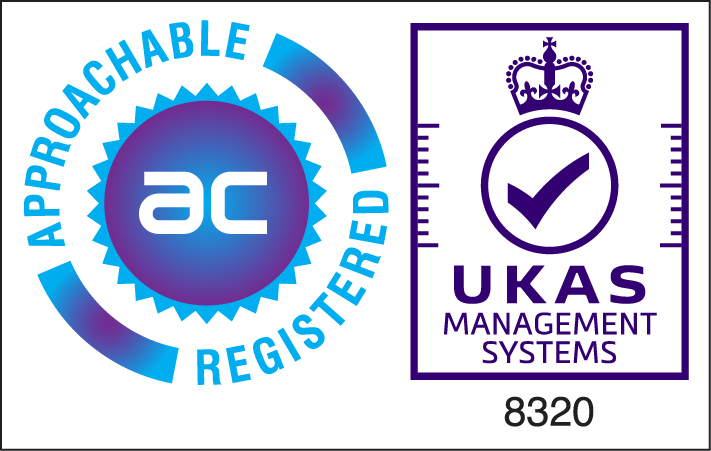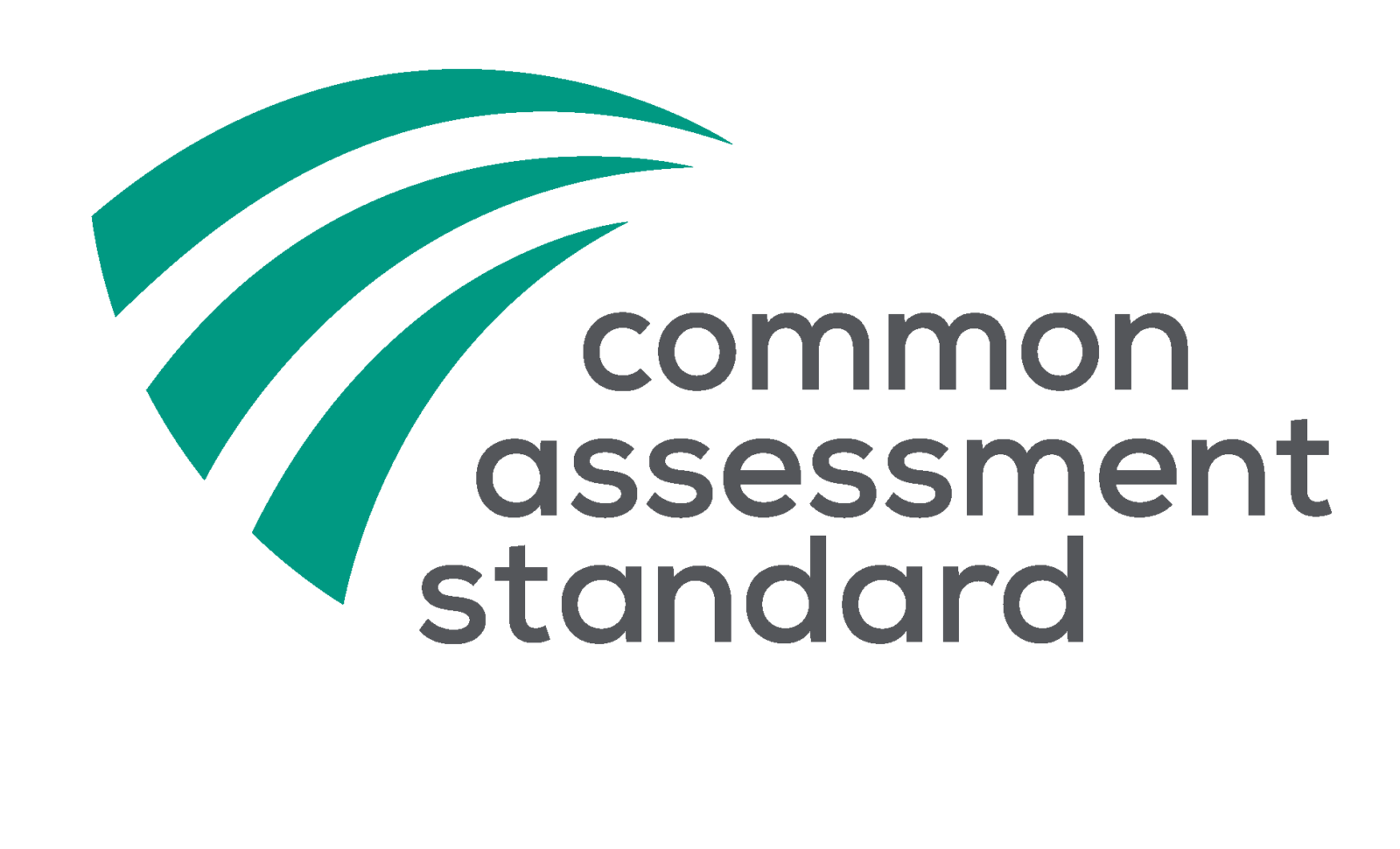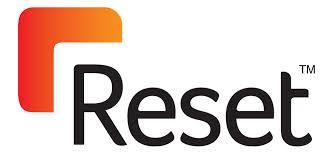George Friend CEO of Ventilation Surveys and Services Ltd has been involved in the authorship of a new key driver for improved ventilation hygiene and ductwork cleaning standards with the new industry document TR19® Air ‘Specification for internal cleanliness and hygiene management of ventilation systems’.
The Building Engineering Services Association (BESA) has introduced an updated specification for ventilation hygiene to further reduce the risks of indoor air contamination on human health and well-being.
Through our commitment to being a key stakeholder in all industry guidance, specifications and improvements Ventilation Surveys and Services have been able to take onboard all the new requirements of the updated specification of TR19® Air into our business operations seamlessly.
BESA has revised two of its air hygiene training courses to align with the new standard and enhance building safety. These courses equip contractors with the knowledge to advise clients on maintaining ventilation cleanliness, aiding compliance with health and safety regulations and stricter legislation.
According to BESA, the TR19® Air ‘Specification for internal cleanliness and hygiene management of ventilation systems’ addresses the critical need for improved cleaning and maintenance of ventilation ducting, a necessity highlighted by healthcare professionals to decrease exposure to harmful airborne particles and pollutants.
The Covid-19 pandemic underscored the importance of effective ventilation in reducing viruses spreading in indoor environments, leading to a significant increase in air quality monitoring.
“Under health and safety laws, employers and building managers must ensure a safe indoor environment for workers and visitors,” stated BESA technical director Graeme Fox.
Graeme Fox emphasized that cleaning ventilation ductwork, often overlooked to save costs, is essential, as demonstrated by the pandemic. He remarked that the new specification is a significant advancement in enhancing air quality in buildings, helping owners and managers fulfil their obligations and comply with regulations.
The new TR19® Air Hygiene Operative course will train individuals to clean ventilation systems to the required standards, involving both theoretical and practical assessments.
The second course, Air Hygiene Technician, targets those who need to clean, conduct risk assessments/method statements (RAMS), install access panels, and inspect, test, and report on system cleanliness.
TR19® Air is the latest iteration of a specification initially developed by BESA in 1991, updated as TR17 in 1998 to set standards for ventilation system cleanliness testing, cleaning, and verification.
The original TR19® guide, covering all aspects of ventilation cleanliness, evolved through various revisions to become the primary industry standard. A separate document, TR19® Grease, was later published, focusing on fire risk management in kitchen extraction systems due to grease accumulation, addressing risks highlighted by fire officers.
The new document responds to the demand for a specification focusing on air duct cleaning requirements. TR19® Air is part of a broader campaign to improve indoor air quality (IAQ) and tackle health threats posed by airborne pathogens and particulates.
“Dirty, poorly maintained air ducts fail to provide the necessary air quality to protect human health and well-being,” Fox stated. “Effective ventilation management is crucial for reducing energy consumption and extending system life, contributing to carbon reduction goals.”
Debris in air ducts can reduce airflow, overworking fans to maintain temperature and air change rates. Cleaning improves system efficiency and reduces wear and tear, which is vital for retrofitting buildings to achieve net-zero goals.
Clean ventilation also minimizes unpleasant odours and the risk of mould and condensation, as moisture in ductwork promotes fungal growth, releasing spores that exacerbate respiratory problems and allergies.
Insurance providers are increasingly adjusting premiums based on the risk levels associated with poor building management, BESA noted.
TR19® Air is priced free to BESA members and £150 for non-members, with a free copy provided to those enrolling in a relevant BESA training course.
The specification encompasses all relevant legislation and professional guidance, including BSEN15780 ‘Cleanliness of Ventilation Systems,’ the British and European Standard since 2011.
It also aligns with the first British Standard for Health and Well-being in Buildings, BS 40102 (Part One), which was published this year, offering recommendations for measuring, monitoring, and reporting indoor environmental quality (IEQ) in non-domestic buildings.
BESA’s new specification applies to new construction, upgrades, retrofits, and regular maintenance of ventilation systems, serving building operators, occupants, specifiers, consulting engineers, and specialist contractors.













